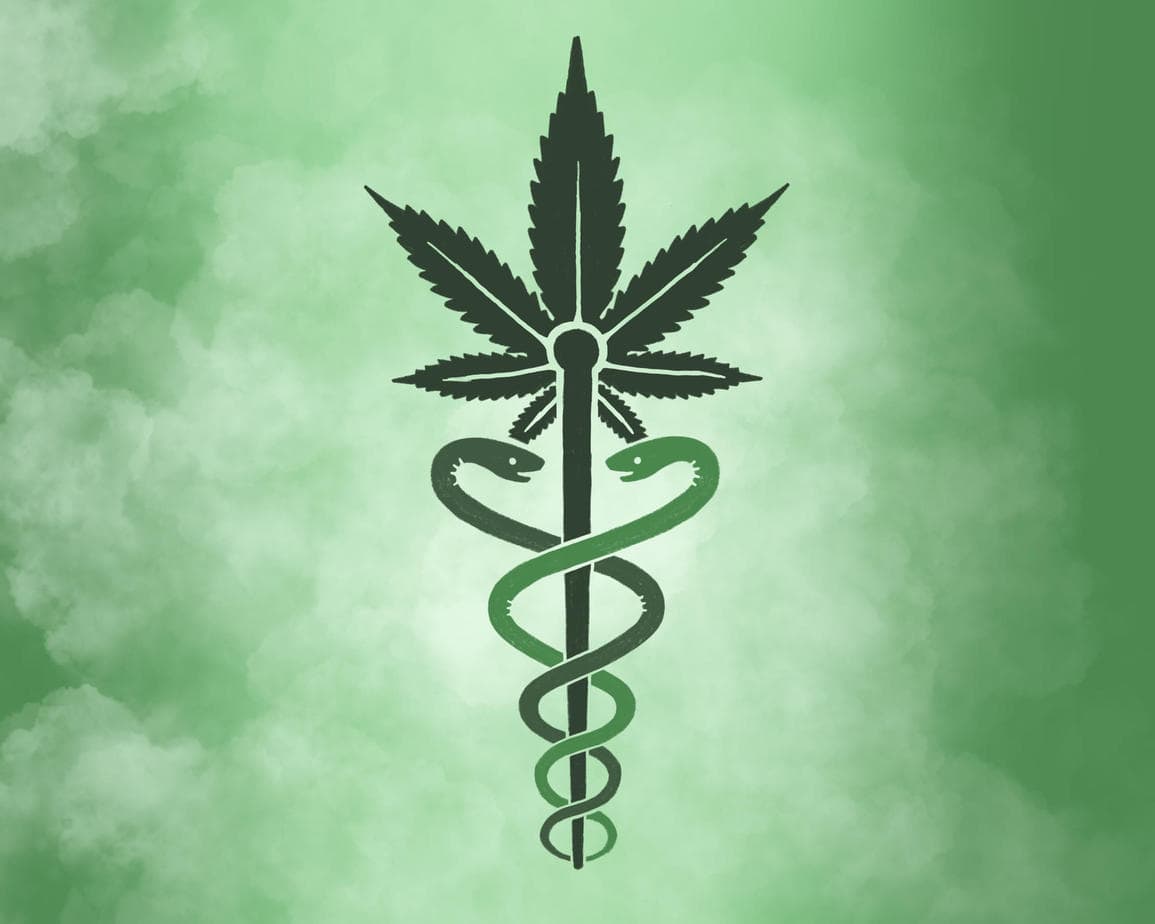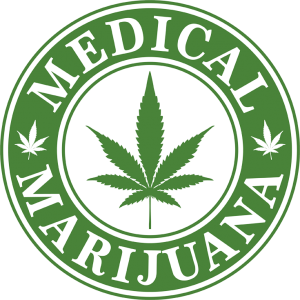Harnessing the Prospective of Medical Marijuana: Comprehending Its Duty in Promoting Wellness and Alleviating Wellness Issues

The Science Behind Clinical Marijuana
The efficacy of clinical marijuana in treating numerous health and wellness conditions is rooted in its interaction with the endocannabinoid system within the body. This intricate biological system plays a critical duty in regulating various physical processes such as cravings, pain memory, mood, and sensation. The active substances in medical cannabis, called cannabinoids, mimic the endocannabinoids generated naturally by the body, binding to cannabinoid receptors to modulate these bodily features.
One of the primary cannabinoids located in clinical marijuana is cannabidiol (CBD), which is non-psychoactive and has actually been examined for its possible healing impacts. By recognizing the scientific research behind how medical cannabis communicates with the endocannabinoid system, scientists can continue to explore its possibility in advertising health and relieving different health problems.
Healing Features of Marijuana
Understanding the complex communications between cannabinoids and the endocannabinoid system sheds light on the restorative residential properties of marijuana for various health conditions. Cannabinoids, such as tetrahydrocannabinol (THC) and cannabidiol (CBD), are the key compounds responsible for the medical benefits of marijuana. THC is understood for its copyright effects, however it likewise exhibits analgesic, anti-inflammatory, and anti-nausea properties. On the various other hand, CBD is non-psychoactive and has revealed terrific potential in handling discomfort, stress and anxiety, epilepsy, and other neurological conditions.
Researches have shown the effectiveness of clinical cannabis in minimizing signs and symptoms linked with chronic pain, multiple sclerosis, and chemotherapy-induced nausea and throwing up - Medical Marijuana Clinic Clinton MS. Furthermore, marijuana has shown pledge in dealing with mental wellness problems like anxiety, clinical depression, and trauma (PTSD)
Moreover, the anti-inflammatory properties of cannabinoids make marijuana a potential therapy option for inflammatory problems such as arthritis and inflammatory digestive tract conditions. The restorative possibility of cannabis remains to be explored via study, offering new understandings into its function in promoting health and dealing with a large range of wellness concerns.
Medical Marijuana for Persistent Pain
Checking out the efficiency of clinical cannabis in taking care of chronic discomfort reveals its possible as a practical therapy choice for individuals seeking choice pain alleviation approaches. Persistent discomfort affects millions worldwide, often leading to a diminished top quality of life and reliance on conventional pain medicines that may feature unwanted negative effects or risks of addiction. Medical cannabis, with its active compounds like THC and CBD, has actually revealed pledge in minimizing persistent pain by communicating with the body's endocannabinoid system to manage discomfort understanding.
Studies have actually indicated that clinical cannabis can effectively reduce neuropathic discomfort, arthritis-related discomfort, and discomfort connected with problems like several sclerosis. Its anti-inflammatory residential properties can also add to discomfort alleviation in conditions such as fibromyalgia. Moreover, clinical marijuana supplies a more natural method to discomfort monitoring, possibly decreasing the demand for opioids and various other drugs with harsher adverse effects.
As research right into the advantages of medical cannabis for chronic discomfort remains to expand, its duty in offering holistic pain alleviation remedies ends up being significantly considerable for clients and healthcare service providers alike.

Cannabis for Stress And Anxiety and Stress And Anxiety
Study shows the potential of marijuana in mitigating signs of anxiety and stress, supplying an appealing method for those seeking option therapeutic alternatives. Anxiety and stress and anxiety prevail mental wellness concerns that can significantly impact an individual's health and everyday functioning. Standard treatments such as therapy and medicine may not constantly be efficient for every person, resulting in an expanding rate of interest in different treatments like medical marijuana.
Cannabis has substances called cannabinoids, such as cannabidiol (CBD) check and tetrahydrocannabinol (THC), which connect with the body's endocannabinoid system to control numerous functions, including mood and stress and anxiety feedbacks. Researches have shown that CBD, in certain, has anxiolytic residential or commercial properties, indicating it can aid lower anxiousness levels. THC, on the various other hand, may supply relaxation and mood-lifting results that can be useful for taking care of tension.
Individual feedbacks to marijuana can vary, so it is necessary for people considering cannabis see this here as a treatment choice for stress and anxiety and stress and anxiety to seek advice from health care experts educated about clinical cannabis to figure out one of the most suitable products and does for their needs.
Marijuana in Epilepsy Therapy
With the proven efficacy of marijuana in dealing with anxiousness and stress, interest has actually turned towards its possible duty in the therapy of epilepsy. Epilepsy is a neurological condition characterized by recurrent seizures, which can considerably affect a person's high quality of life. For people whose seizures are not properly managed with conventional treatments, discovering alternate healing choices such as clinical cannabis has actually ended up being progressively pertinent.
Research study on making use of cannabis for epilepsy is still advancing, yet there is growing proof to recommend that particular compounds in cannabis, such as cannabidiol (CBD), might provide anticonvulsant impacts. CBD, in particular, has shown assurance in reducing the regularity and intensity of seizures in some people with epilepsy, bring about the authorization of Epidiolex, a CBD-based medicine, for the treatment of particular kinds of seizures.
While more research studies are needed to totally recognize the devices behind marijuana' possible benefits for epilepsy and to figure out one of the most reliable formulas and does, the existing findings get redirected here show an appealing future for including medical cannabis right into epilepsy treatment plans.
Final Thought
In verdict, clinical cannabis has actually shown encouraging therapeutic properties in treating various health problems such as chronic discomfort, stress, anxiousness, and epilepsy. Recognizing the duty of medical cannabis in medical care can lead to improved treatment alternatives for individuals seeking choice treatments.
From chronic discomfort management to anxiousness alleviation and even in the treatment of epilepsy, the role of medical cannabis is fascinating and multifaceted. Medical Marijuana Doctor Near me.Discovering the efficiency of clinical marijuana in handling chronic discomfort reveals its possible as a practical treatment alternative for people looking for alternative discomfort alleviation techniques. Clinical cannabis, with its active substances like THC and CBD, has actually revealed promise in reducing chronic discomfort by connecting with the body's endocannabinoid system to control pain perception
Research studies have actually indicated that medical cannabis can properly minimize neuropathic discomfort, arthritis-related discomfort, and discomfort associated with problems like numerous sclerosis.In conclusion, medical marijuana has actually revealed promising healing properties in dealing with various health issues such as persistent discomfort, anxiety, epilepsy, and stress.